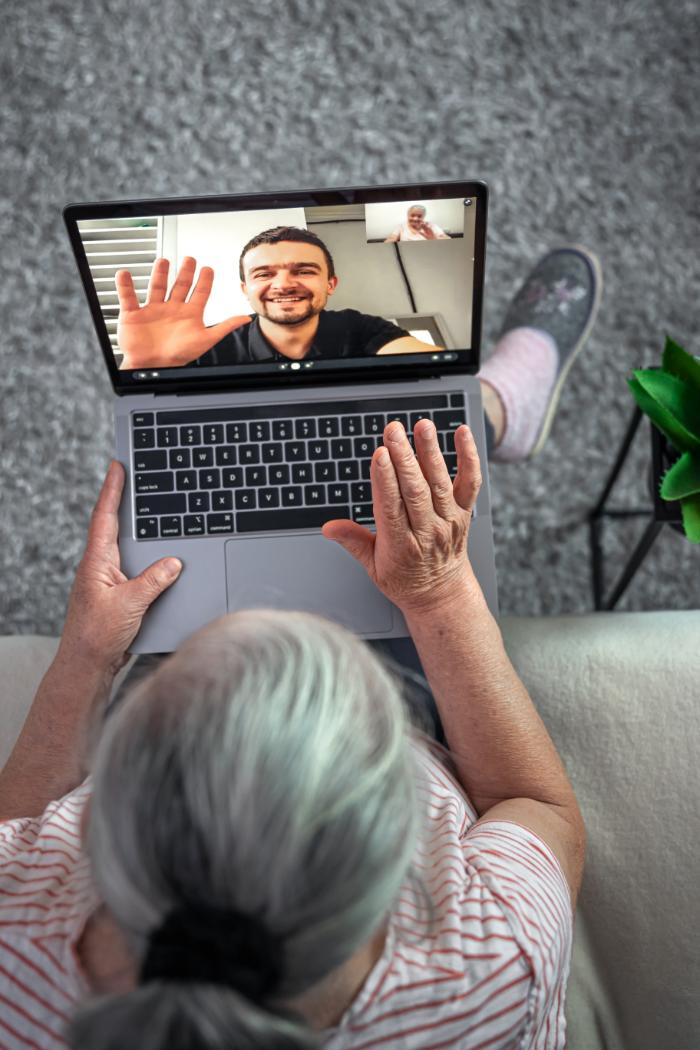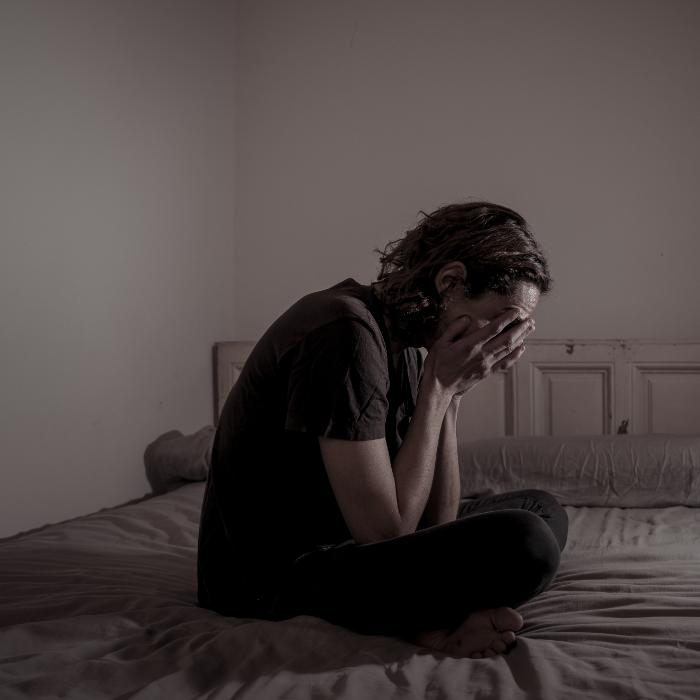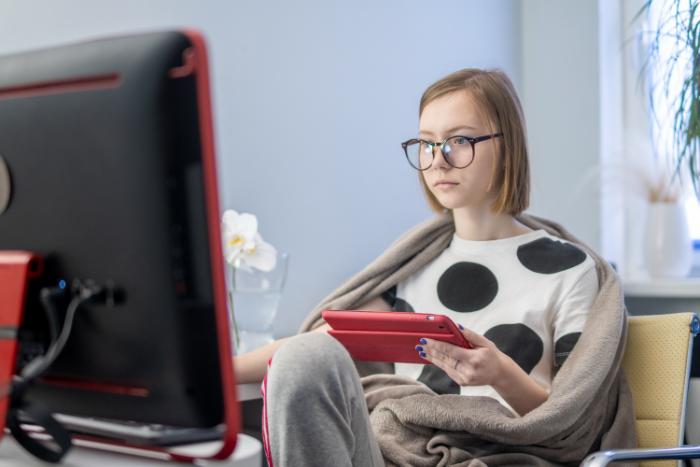Anxiety Therapy
Anxiety therapy is a type of treatment that can help people suffering from anxiety. It is typically a short-term treatment focused on teaching specific skills to help reduce symptoms and gradually return to normal activities. Cognitive Behavioral Therapy (CBT) is the most effective type of anxiety therapy, which helps patients learn how to cope with and manage their anxiety symptoms. Exposure therapy is another form of anxiety therapy, which involves gradually exposing the patient to the source of their anxiety in order to reduce its intensity over time. With online therapy available through BetterHelp, individuals have access to over 20,000 licensed therapists who can provide support for those struggling with anxiety disorders.
What are Anxiety Disorders?
Anxiety disorders are a type of mental health condition in which a person experiences increased fear, anxiety, and dread in certain situations or activities. These feelings can be strong enough to impair an individual’s ability to function day-to-day.
Anxiety is natural and can help people notice dangerous situations; however, when anxiety becomes exaggerated and uncontrollable, it may become an anxiety disorder. Anxiety disorders are serious conditions that require treatment; otherwise, they can significantly impair an individual’s ability to function. Fortunately, there are several effective treatments available for managing anxiety disorders.
Anxiety Disorder Symptoms
People with anxiety disorders may experience a number of symptoms, including sweating, rapid heartbeat, panic and fear, trouble sleeping and fear of the future.
The severity of these symptoms can vary depending on the type of anxiety disorder. Anxiety disorders are treatable mental health conditions and can be treated using medication and cognitive behavioral therapy.
Anxiety Disorder Causes and Risk Factors
Anxiety disorders are caused by genetic, environmental, psychological, and developmental factors. Studies have shown that women are more likely to develop anxiety disorders than men, with gender playing a possible role as to why.
Additionally, there is evidence that anxiety disorders may run in families.
Anxiety Disorder Diagnosis
The Diagnostic and Statistical Manual of Mental Disorders (DSM-5) categorizes different types of anxiety disorders and outlines diagnostic criteria for each. The most common types of anxiety disorders are generalized anxiety disorder (GAD), social anxiety disorder (social phobia), panic disorder, obsessive-compulsive disorder (OCD), post-traumatic stress disorder (PTSD), and separation anxiety disorder. Each type is characterized by a persistent fear or avoidance of a certain situation or object, often accompanied by cognitive, physical, and behavioral symptoms. To be diagnosed with an anxiety disorder, one must meet the diagnostic criteria outlined in the DSM-5. If one is experiencing intense, persistent, and excessive levels of worry or fear beyond what is typical for them it is important to seek professional help for diagnosis.
Other Treatments For Anxiety
Individuals looking for treatments for anxiety outside of traditional therapy may consider sessions that focus on the triggers of anxiety as well as other treatments that are not traditional therapy.
Those seeking alternative treatments may also explore hypnosis, positive reinforcement from friends, and peer support groups. Ultimately, the best course of action should be determined in consultation with a mental health professional.
Pros And Cons of Online Therapy for Anxiety
There are many reasons why people may choose online therapy for anxiety. People can access online therapy from anywhere at any time. This is especially helpful for people who have busy schedules or who live in remote areas.
People can remain anonymous if they choose to. This can be beneficial for people who are embarrassed or ashamed about
Studies have shown that online therapy can be just as effective as traditional, in-person therapy for treating anxiety disorders. Online therapies provide an open space where people can communicate without fear of judgment or social stigma. Additionally, facial expressions, mannerisms, and body language are still important tools for understanding clients in online therapy sessions. Cognitive Behavioural Therapy has proven to be an effective treatment option for those with anxiety disorder. Finally, online therapies may also be less expensive than face-to-face psychotherapy and require fewer sessions for the treatment of specific phobias due to their convenience and effectiveness. Virtual reality therapies may also offer promising new approaches to the treatment of anxiety disorders.





